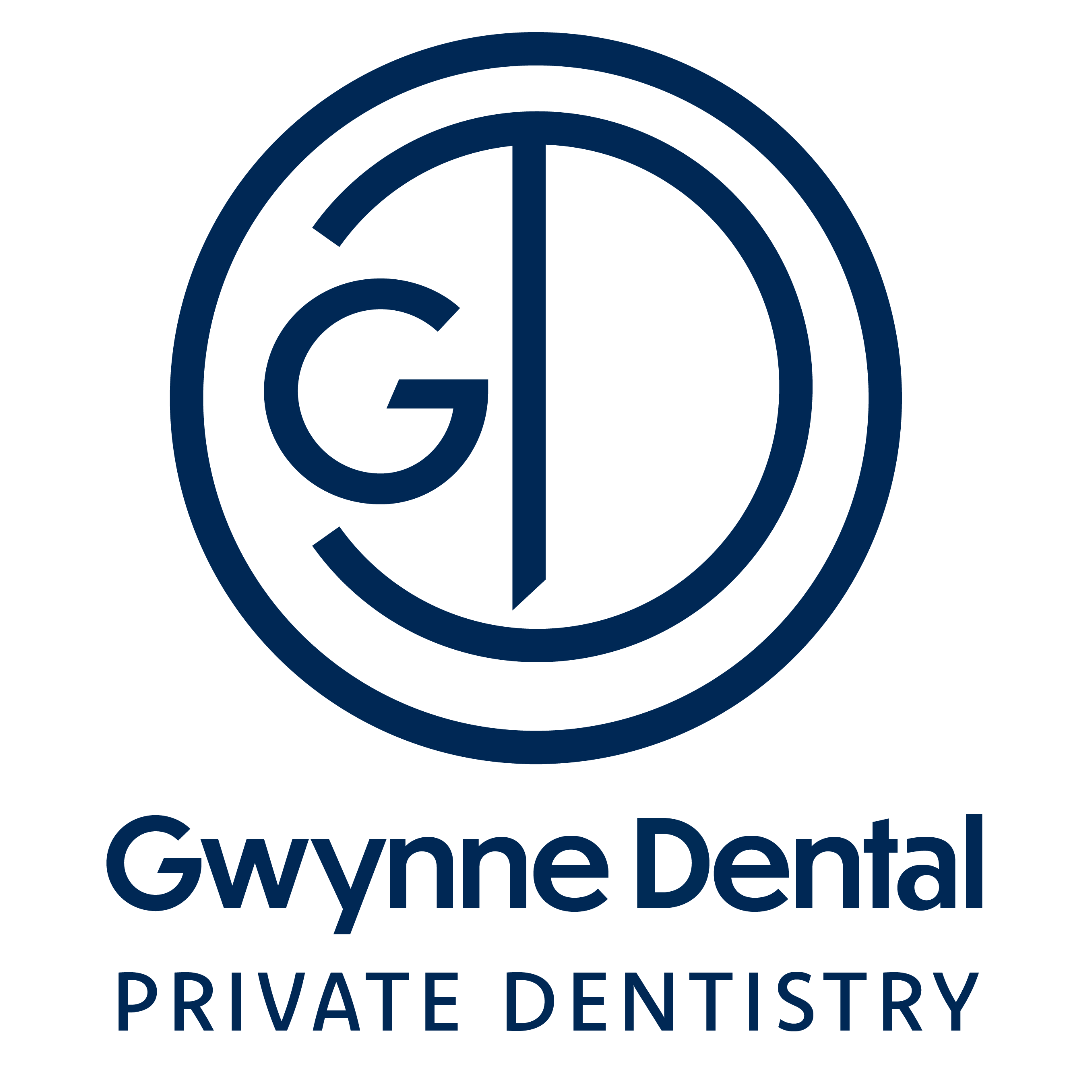
Regular visits to the dental hygienist are crucial for maintaining optimal oral health. The hygienist plays a pivotal role in preventing and treating gum disease, which can lead to serious health issues if left unchecked. During these appointments, the hygienist thoroughly cleans the teeth, removing plaque and tartar that regular brushing and interdental cleaning can miss. They also provide valuable education on proper oral hygiene techniques and tailor advice to each patient's specific needs. Furthermore, seeing the hygienist regularly allows for the early detection of potential dental problems, thereby enabling prompt intervention and preventing more extensive treatments in the future.
How to remove plaque effectively from home
The only way to remove plaque at home is by cleaning with a toothbrush. Strong clinical evidence shows that an oscillating, rotating electric toothbrush, such as Oral-B Genius or iO, is the most effective way to remove plaque. Ensuring proper tooth brushing is essential for maintaining excellent oral hygiene. It is recommended to brush your teeth at least twice a day, in the morning and before bed. When brushing, use a fluoride toothpaste and a soft or medium-bristled brush to prevent enamel wear and gum irritation. Remember to brush for at least two minutes, covering all surfaces of the teeth and focusing on hard-to-reach areas. Holding the brush at a 45-degree angle towards the gum line can effectively remove plaque and food particles. Additionally, don't forget to replace your toothbrush every 3-4 months or when the bristles appear frayed to ensure optimal cleaning. Interdental cleaning with floss, brushes or picks once a day is another crucial step in plaque removal, as it helps to get rid of food particles and plaque from between the teeth and along the gumline. By incorporating thorough and consistent brushing into your daily routine, you can significantly contribute to the health and longevity of your teeth and gums.
How often should I see the hygienist?
The interval between hygienist appointments should be individually assessed according to the needs of the each patient, in particular their genetic susceptibility to gum disease and oral hygiene level. An individual’s oral hygiene regime is an effective means of preserving the health of the teeth, and we encourage our patients to have a high standard.
Our hygienist Sarah Davies is highly qualified, professional, and experienced in providing high quality hygienist appointments providing gentle, thorough cleaning, tooth brushing instruction and all aspects of preventive care. Sarah is a gentle, kind person who is very popular with her patients.
We recommend that individuals undergo routine professional examinations and hygienist appointments to best maintain the health of their teeth and gums and help prevent problems happening. The aim of effective preventative treatment is that patients don’t require active treatment for decay or gum disease. The mechanism of both tooth decay and gum disease is heavily related to the amount of plaque present in the mouth. Plaque is a collection of bacteria that builds up on teeth and root surfaces. No plaque, no gum disease or tooth decay.

